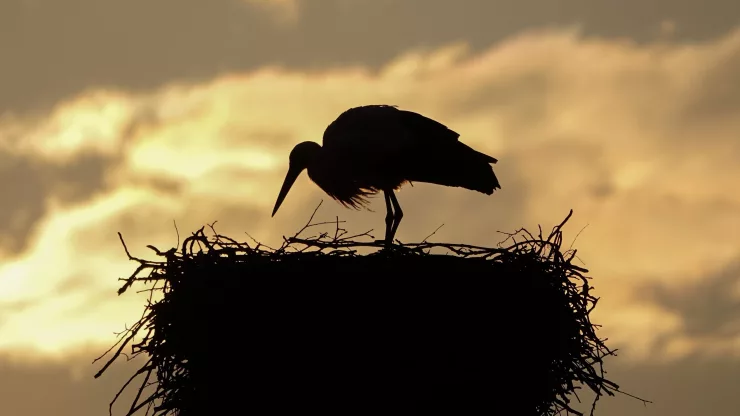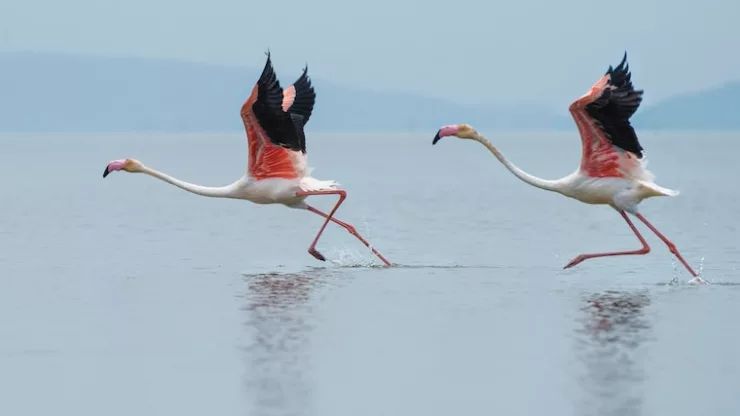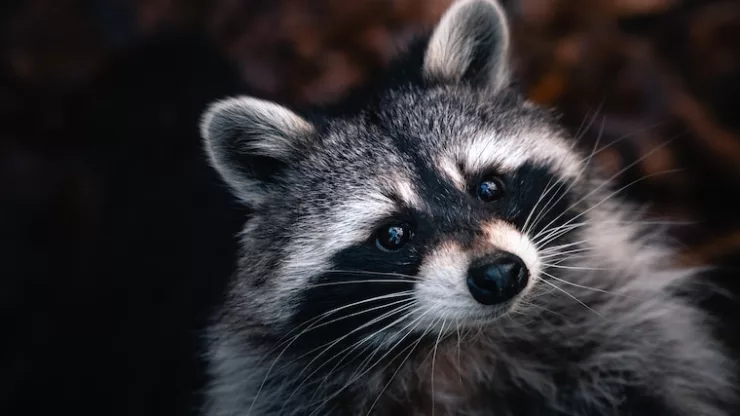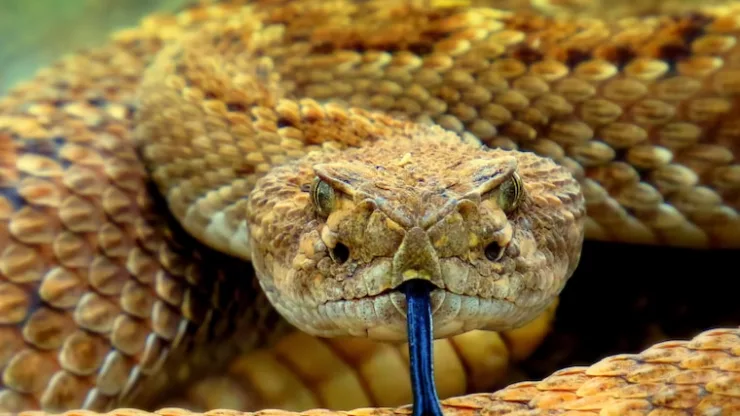Seagulls are a common sight at the beach, but have you ever wondered about these fascinating birds? Here are 22 facts about seagulls that you might not know:
- Seagulls are not actually called seagulls – their proper name is simply “gulls”.
- Gulls are found all over the world, from the Arctic to the tropics.
- There are over 50 species of gulls, with the most common being the herring gull.
- Gulls are omnivores, meaning they eat both plants and animals.
- They can live up to 30 years.
- Gulls have excellent vision and can see UV light, which helps them find prey.
- Gulls are highly adaptable and have been known to scavenge in urban areas.
- They are also intelligent birds and can solve problems in order to obtain food.
- Gulls are known for their loud, distinctive calls.
- During breeding season, gulls will often form large colonies.
- Gulls mate for life and share parenting duties.
- The male gull will often bring the female food as part of their courtship ritual.
- Gulls have a unique way of cracking open shellfish – they will drop them onto hard surfaces from a height.
- They also have a unique way of drinking water – they dip their beaks into the water and then tilt their heads back to swallow.
- Gulls have been known to steal food from other birds, including eagles and ospreys.
- They have a keen sense of smell and can locate food using their sense of smell alone.
- Gulls have an oil gland on their tail that they use to waterproof their feathers.
- They have webbed feet that are adapted for swimming and diving.
- Gulls are migratory birds and will travel long distances to find food and breeding grounds.
- In some cultures, gulls are considered to be good luck.
- Gulls have been known to attack humans who get too close to their nests.
- Despite their reputation as scavengers, gulls play an important role in maintaining the balance of marine ecosystems.
In conclusion, gulls are fascinating birds that are often misunderstood.
They are highly adaptable, intelligent, and play an important role in maintaining the balance of marine ecosystems.
So the next time you see a gull at the beach, take a moment to appreciate these incredible birds.
FAQ:
What is the difference between a gull and a seagull?
There is no real difference – “seagull” is just a colloquial term for gulls that are commonly found near the sea.
Do gulls only eat fish?
No, gulls are omnivores and will eat a wide variety of foods, including insects, eggs, and even garbage.
Are gulls protected by law?
Yes, in many countries, gulls are protected by law and it is illegal to harm or disturb them.
Why do gulls make so much noise?
Gulls use their calls to communicate with each other and to establish territory.
Are gulls a nuisance?
Gulls can be seen as a nuisance in urban areas where they scavenge for food and make a lot of noise, but they play an important role in maintaining the balance of marine ecosystems.
What should I do if a gull attacks me?
If a gull attacks you, it is best to keep your distance and avoid getting too close to their nesting areas.
If the attack is persistent, it may be necessary to contact a wildlife expert for assistance.

I am a fun fact enthusiast and creator of Facts On Tap.
I love to share my knowledge and curiosity with readers and inspire them to learn something new every day.
When I’m not writing, I enjoy traveling, reading, and playing trivia games with my friends.





